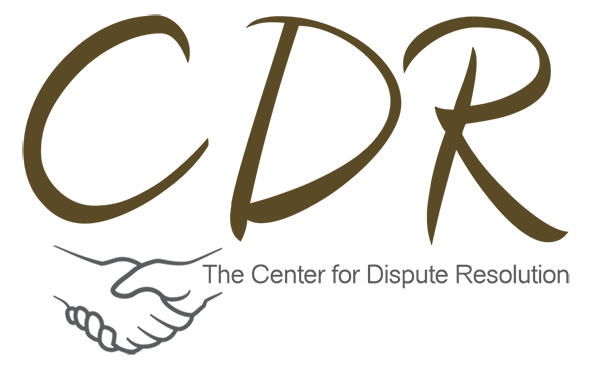
The Role of Trusted Advisors for Hospital Administrators
In the ever-evolving landscape of healthcare administration, hospital administrators face an array of challenges that require innovative solutions and a deep understanding of the healthcare industry. To navigate these complex waters, hospital administrators can greatly benefit from trusted advisors. These advisors play a pivotal role in addressing the myriad issues that administrators face daily, including organizational conflicts, and can contribute significantly to the success and efficiency of healthcare institutions. In this article, we will delve into the numerous advantages of having trusted advisors by your side as a hospital administrator, shedding light on their pivotal role in resolving organizational conflicts and ensuring the smooth operation of healthcare facilities.
The Trusted Advisor – A Valuable Asset
Hospital administrators are tasked with the mammoth responsibility of ensuring that healthcare institutions function seamlessly. However, the healthcare sector is rife with complexities, constantly evolving regulations, financial challenges, and ever-increasing patient expectations. In such a dynamic environment, having a trusted advisor by your side can be a game-changer.
Expertise and Industry Knowledge
A trusted advisor brings to the table a wealth of expertise and in-depth industry knowledge. These professionals have often spent years honing their skills and understanding the intricacies of healthcare administration. They are well-versed in the latest industry trends, regulatory changes, and best practices. This wealth of knowledge can be a tremendous asset for hospital administrators seeking to make informed decisions and stay ahead in a highly competitive field.
Conflict Resolution and Mediation
One of the most significant challenges faced by hospital administrators is managing organizational conflicts. These conflicts can arise among staff, between departments, or even between administrators themselves. They can disrupt the daily operations of the hospital and create an atmosphere of tension and unease. Trusted advisors are well-equipped to handle such situations. They have the skills and experience to mediate and resolve conflicts effectively, ensuring that the hospital’s operations run smoothly.
Strategic Planning
Strategic planning is essential for the long-term success of any healthcare institution. Trusted advisors work closely with hospital administrators to develop and implement comprehensive strategies that align with the hospital’s mission and goals. They help in setting priorities, allocating resources, and identifying growth opportunities. This strategic guidance is invaluable for administrators aiming to stay competitive in the ever-evolving healthcare sector.
Risk Management
In healthcare, the stakes are high, and risks abound. Trusted advisors play a crucial role in risk management, helping hospital administrators identify and mitigate potential risks. They assist in developing risk management protocols, ensuring compliance with industry regulations, and taking proactive measures to safeguard the hospital’s reputation and financial stability.
Resolving Organizational Conflicts
Conflict within a healthcare institution can be detrimental to the overall well-being of patients and staff. It can lead to decreased employee morale, increased turnover, and even affect the quality of patient care. Here’s how trusted advisors can play a pivotal role in resolving organizational conflicts:
Objective Perspective
Trusted advisors bring an objective perspective to the table. They are not emotionally involved in the conflicts within the organization, which allows them to assess situations impartially and propose rational solutions.
Effective Communication
Communication breakdown is often at the heart of organizational conflicts. Trusted advisors excel in facilitating effective communication between parties involved. They ensure that concerns are heard, and solutions are tailored to address the root causes of the conflicts.
Conflict Resolution Strategies
Trusted advisors are well-versed in various conflict resolution strategies. Whether it’s through mediation, negotiation, or other proven methods, they can guide hospital administrators in choosing the most appropriate approach for each unique situation.
Conflict Prevention
Besides resolving existing conflicts, trusted advisors also work on preventing future conflicts. They help implement proactive measures, such as training programs and conflict resolution policies, to create a harmonious work environment.
The Bottom Line
In the dynamic and highly regulated field of healthcare administration, having a trusted advisor can be a game-changer. They bring a wealth of expertise, help in conflict resolution, contribute to strategic planning, and aid in risk management. By doing so, they empower hospital administrators to lead their institutions with confidence, ensuring high-quality patient care and operational excellence.
✅ Resolve disputes effortlessly. ✅ Build stronger relationships. ✅ Subscribe FREE now!
Don't miss out! Join us today. 🚀


Comments are closed